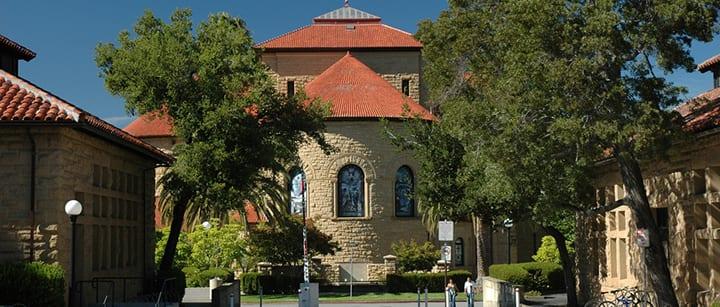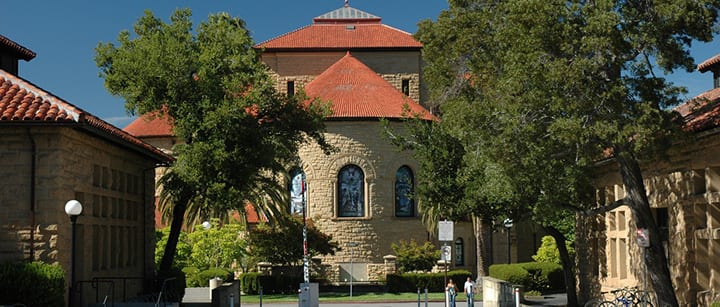It’s never early to start your college planning! Here are some tips for middle and high school students to get on the right track, from online tutor Natalie S…
College planning is a big deal. It’s a lot of work, it’s time consuming, and there are many steps involved in picking the best place to get your college degree. But if you put in the time, it’s also very rewarding. College is your first opportunity to enter the real world on your own, and it gives you the chance to build your education around valuable classes that interest you and benefit your future professional endeavors.
Check out the steps below, and you will be on your way to making your college planning process simple and successful!
Middle School Students:
- Keep up the good study habits and the good grades. Universities do not typically view your middle school grades, but there are still many important things that young students can do to prep for college. If you begin to struggle in a class, seek out additional help from a tutor. Your tutor can offer extra support and he or she can also help you keep track of your grades. Your middle school grades lay a strong foundation for your high school classes.
- Start to volunteer at charities that interest you, and continue to dedicate a certain amount of time per month to participating in these activities. You will be able to highlight this charitable work on all of your college applications and even your future resumes.
- Be diversified! Take up an instrument or join a sports team or school club.
- Start learning a foreign language. Most colleges like to see at least three years of a foreign language on an application.
- Develop a rapport with your teachers. If you gain the respect of your teachers, and they know you are working hard to achieve your goals, they will be more than willing to answer your questions, help you plan, and even write your recommendation letters when you need them in the future.
High School Students:
Once you begin your freshman year of high school, you want to really start planning for college. I know it sounds a little premature to start preparing for something four years in advance, however, where college is concerned, early planning can only benefit you.
- Be engaged and active in your school community. There are tons of ways to do this. Play a sport, try out an instrument, be in the school play, and get involved in the associated student body. Try a lot of different activities at least once. Your participation in a range of activities shows that you are cultured, that you are willing to try out different things, and that you want to be involved in bettering your school. These are all positive things that make you very appealing to colleges.
- Keep a list of awards, honors, and recognitions that you’ve received, so you have it all cataloged when you begin to apply to college. It’s easy to forget these types of things after four years, so it’s important to record them as they happen.
- Stay on top of your schoolwork. This is very important. Everyone has bad days and forgets their homework or bombs on a test. This is not something to freak out about. However, it’s easier to recover from one of those bad days and not have it affect your overall GPA if you are consistently diligent and hardworking the rest of the year.
- Start to think about your major. Some colleges require you to list your desired major when you apply. You have all four years to decide this and you can always change your mind, however, it’s a good idea to begin to consider what subjects you are most interested in and what types of careers you’d like to learn more about.
- Take AP classes ONLY in the subjects you excel in most. Don’t take every AP course just because you think it will look good on your transcripts. These courses are difficult and time-consuming, and it is hard to manage more than two at a time. If you take too many and fall behind, they can have a negative impact on your overall GPA.
- Start researching colleges early, and make your list of prospective schools. Begin to visit campuses.
Once You’ve Been Accepted:
- Apply for qualifying scholarships.
- Compare the schools you have been accepted into. Also, compare any costs or financial aid you’ve been awarded. Then, make your final decision. (Tip: Confused about financial aid packages? Here’s a fantastic guide to financial aid from Accredited Schools Online.)
- Notify your chosen school. Congrats!
- If needed, research various student loans, so you can find the one that is right for you.
- If you feel like being social, try and organize a meet-up with other accepted students in your area!
With this easy checklist, college planning is simple and exciting instead of overwhelming and daunting. Don’t forget—the earlier you start to plan, the easier and more successful you will be at applying and getting accepted into your college of choice!
 Natalie S. tutors online in English, ESL, History, Phonics, Reading, and Test Prep. She received her BA in English Education at the University of Delaware, and her MA in English Literature at San Diego State University. Learn more about Natalie here!
Natalie S. tutors online in English, ESL, History, Phonics, Reading, and Test Prep. She received her BA in English Education at the University of Delaware, and her MA in English Literature at San Diego State University. Learn more about Natalie here!
Photo by Pascal Vuylsteker
Suzy S.


